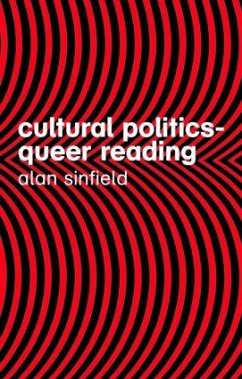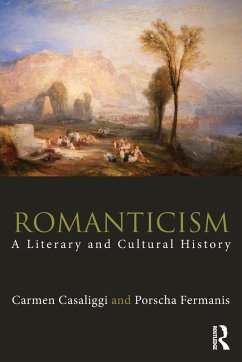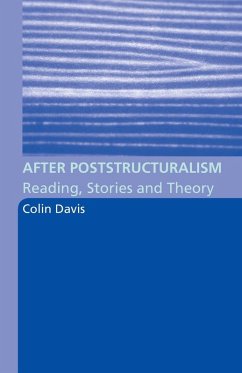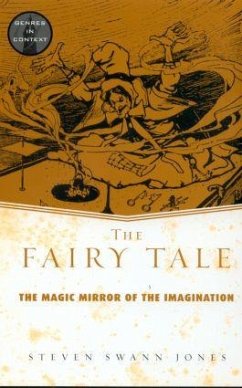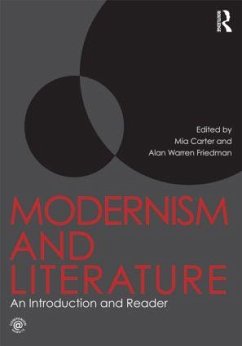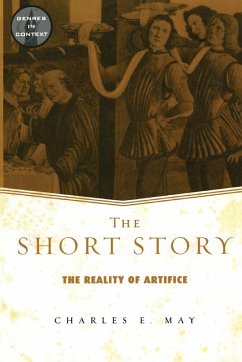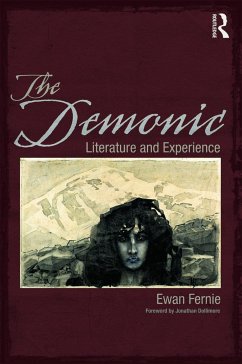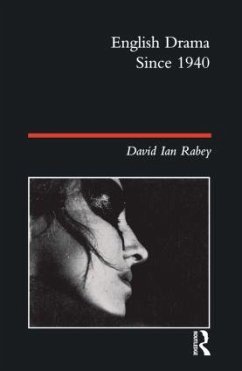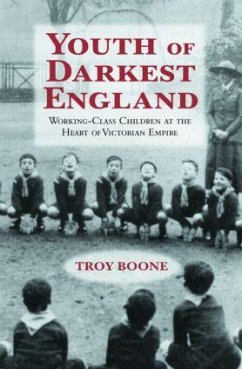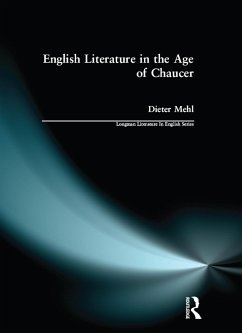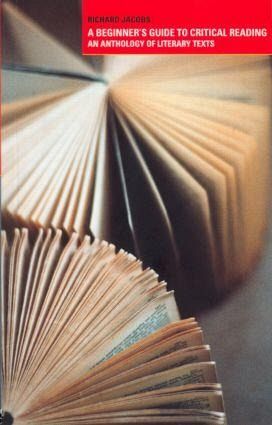
A Beginner's Guide to Critical Reading
An Anthology of Literary Texts

PAYBACK Punkte
26 °P sammeln!
A Beginner's Guide to Critical Reading brings literature to life by combining a rich selection of literary texts with original and lively commentary. Unlike so many introductions to literary studies, it vividly demonstrates how criticism and theory can enhance your own enjoyment and appreciation of literature. Aimed at AS, A2 and undergraduate students, Richard Jacobs draws a map of English Literature which is fresh and distinctive and which offers guidance to many familiar landmarks. In the process he shows that studying literature can be a source of huge pleasure and interest.





